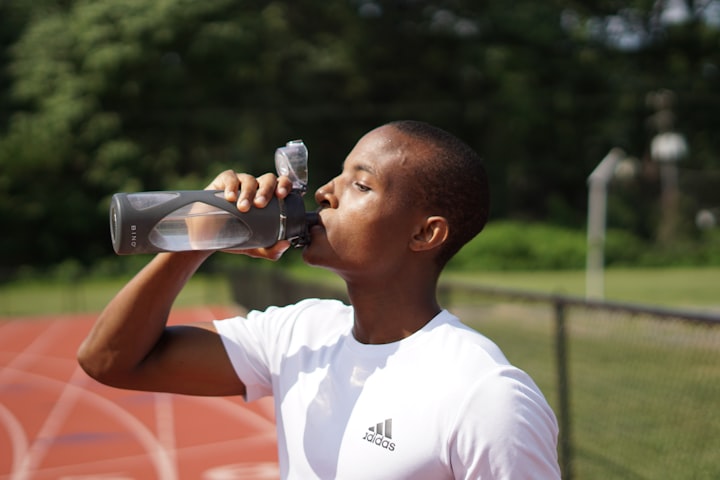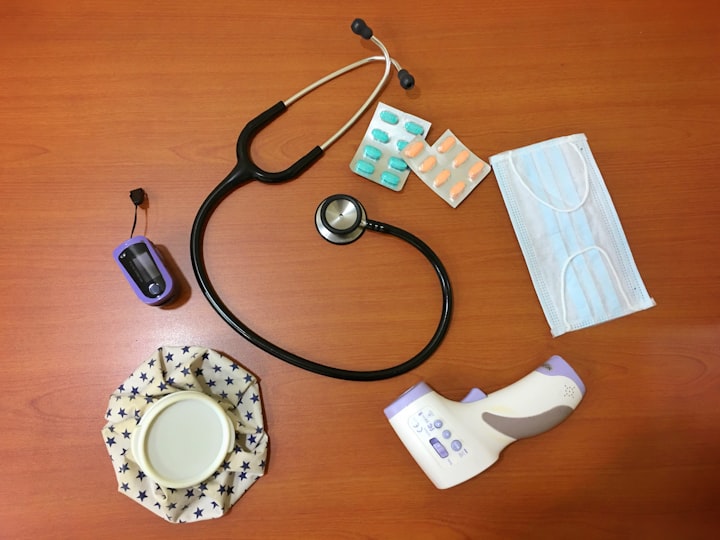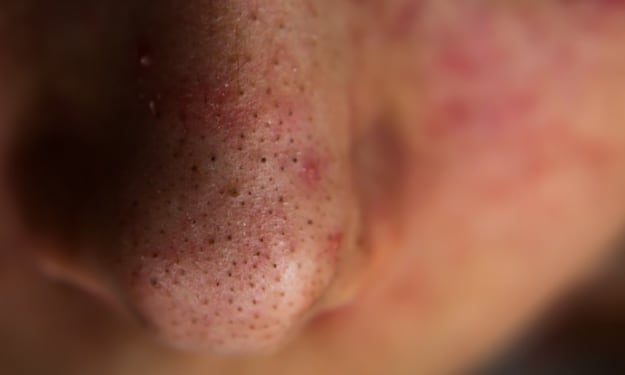Water. Sports drink
Few people are aware of the fact that water plays a central role in keeping the body's machinery running properly, a major cause of fatigue and poor performance (especially in summer) is dehydration. Which can cause illness and sometimes even death during hard labor

Few people are aware of the fact that water plays a central role in keeping the body's machinery running properly, a major cause of fatigue and poor performance (especially in summer) is dehydration. Which can cause illness and sometimes even death during hard labor.
60 to 70% water is in the human body. If the water in the body is reduced during exercise and which is not compensated, then exhaustion, dizziness, nausea, vomiting, difficulty in breathing, rapid heart rate, low blood pressure, Slow circulation, decreased urination, diarrhea, decreased energy, decreased performance, increased temperature, life-threatening heat stroke (lilagna), malaise, irritability, delirium, and other serious consequences may occur (dehydration). A 2 to 3% loss in body weight causes complaints such as bloating and fatigue), other causes of dehydration are physical exertion and drinking less water, apart from diarrhea and vomiting (vomiting), urinary incontinence and frequent spitting up. .
It is a well-known fact that the Soustani expedition to climb Mount Everest failed because the expedition members did not have enough fuel to melt the snow and could only drink one pint (half a liter) of water per day. were, which was very less in terms of their needs. In the last days of the campaign, due to lack of water, they became very tired and had to return.
When Edmundahleri started this expedition, he had enough fuel to give Hokuh Pima three to four liters of water a day.
Thirst is not a measure of water need:
Thirst is the correct measure of physical need for water, not an indication. Dehydration cannot be measured by thirst, drinking a little water quenches thirst, but despite this, the body may be severely dehydrated.
During strenuous physical exertion, quenching thirst alone will not achieve optimal performance, but it is important to compensate for dehydration, which can be measured in part by the color of urine. Urine should be thin and pale in color, dark yellow urine (if not jaundice) indicates dehydration.
Life-giving water:
A normal person can lose 1 liter per hour through sweat during exercise and 2 liters per hour (more in hot weather) during intense exercise (long distance running) (sweat is high in water and low in salt).
Excretion of water during exercise can be 130 ml per hour. Which under normal conditions does not exceed 15 ml per hour, it is necessary to drink more water than thirsty to compensate. During exercise, water moves past the stomach at a slower rate. In principle, a 1,000-calorie diet requires one liter of water. It is necessary to drink 8 to 10 glasses of water per day, which should be doubled in an active sportsman.
Water requirement can also be estimated by weighing yourself before and after exercise. If one kilogram of weight has been lost, then one liter of water should be rehydrated. Even after recreational exercise, drink more water than you are thirsty. Water requirements vary with conditions, environment, temperature and exercise intensity. Some people sweat a lot so they should be extra careful with water.
To adequately meet the need for water, before exercise, during exercise and after exercise, more water than thirst should be flushed down the throat with active effort. Therefore, the problem is not excess water but drinking less water. People who complain of nausea etc. due to drinking water during exercise are those who have lacked water in their body.
So drink water before the body becomes dehydrated. The best drink is water. Tea, coffee, cola drinks and alcohol are not considered good drinks. Cola drinks can also cause bloating (bloating), so they are also inappropriate.
Sucking on ice cubes may not cure dehydration, but ice can keep drinks cold. Cold water also tastes better, is drunk more, and travels through the intestines faster than the stomach.
If there is more water in the stomach, the water moves forward from the stomach more quickly. If there is food or sugary drinks in the stomach, this journey becomes slower. Absorption of water from the intestines is rapid when no solids are added to it. Therefore, if water is drunk half an hour before eating on an empty stomach or two hours after eating, its absorption will be better and it will not cause bloating.
In long exercise in hot weather, before exercise, during exercise and after exercise, salt should be consumed in adequate amount, that is, a quarter of a teaspoon of salt in 2 liters of water is enough. So much salty water is not bad, it is necessary to drink 2-3 glasses 2 hours before exercise and 1-2 glasses every hour during exercise. A healthy 28-year-old woman suddenly collapsed and died in a long-distance race in Boston, the cause of which was not dehydration, but salt loss, which had caused cerebral edema (a build-up of fluid in the brain). Eating salt is also important.
About the Creator
MUHAMMAD ALAM
this profile special for giving your information please give me feedback






Comments (3)
Nice! You pointed out what was necessary!
Nice article...l need to hydrate my body more often
Incredible work. Very well-written! ALAM